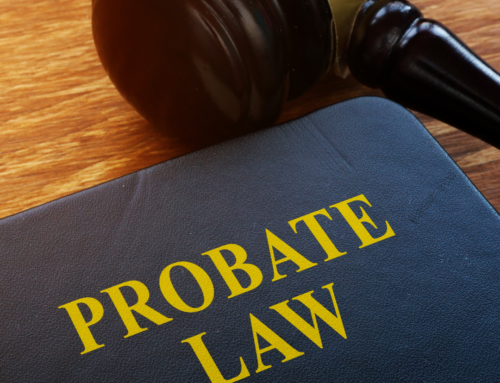There are dozens of laws requiring California landlords and property managers to give residential tenants written warnings about hazards and potential hazards associated with the housing environment. In the last twelve months legislation for two more of these laws has taken effect.
New Flood Hazard Area Disclosure
Effective July 1, 2018, California Government Code section 8589.45 was amended to require that a residential landlord with actual knowledge that his or her rental property is in a flood hazard zone or area for potential flooding to disclose the hazard to the tenant in the rental agreement. A landlord is presumed to have actual knowledge requiring the disclosure when a public agency has notified the landlord in writing, or when the landlord has (or is required to have) flood insurance. The new law includes specific requirements for how the disclosure is presented in the rental agreement. One point of caution on this disclosure: most real estate buyers in California receive a Natural Hazard Disclosure Report (“NHD”) as part of the due diligence process when buying a home or investment property and could provide a further avenue for a landlord to have “actual knowledge” that a property is in an area of potential flooding. Landlords with a NHD that indicates a flood hazard, or with actual knowledge of prior flooding, should consult with legal counsel about whether the disclosure is needed for a particular property.
Expanded Bed Bug Notice Requirement
Since last July, residential landlords have been required to provide a written bed bug notice to a prospective tenant before entering into a rental agreement. Beginning January 1 of this year, however, that notice must also be provided to all existing tenants. Among other things the notice must provide tenants with information about the importance of avoiding infestation and reporting suspected infestation to landlords. It must also describe a procedure for doing so. The new law also provides guidelines for inspection and testing for bedbugs, and for tenant cooperation during that process.
Disclosure Compliance for the Small Business Landlord
It can be challenging for multi-family real estate investors who are managing their own properties to ensure that their rental agreements and disclosure forms meet the ever-changing regulatory environment in California. We encourage you to review your agreements and forms regularly to ensure they are keeping up with regulations and keeping you covered. If you have any questions about disclosure requirements for residential or commercial real estate landlords, or any other aspect of entering or operating as a real estate investor, please do not hesitate to contact me or the FLAS attorney with whom you regularly work.
Marcus J. Kocmur, Attorney
(Direct) 805.966.7715
DISCLAIMER: This Advisor is one of a series of business, real estate, employment, estate planning and tax bulletins prepared by the attorneys at Fauver, Large, Archbald & Spray, LLP. This Advisor is not exhaustive, nor is it legal advice. You should discuss your particular situation with us or with your own attorney. Our legal representation is only undertaken through a written engagement letter and not by the distribution or use of this Advisor.





